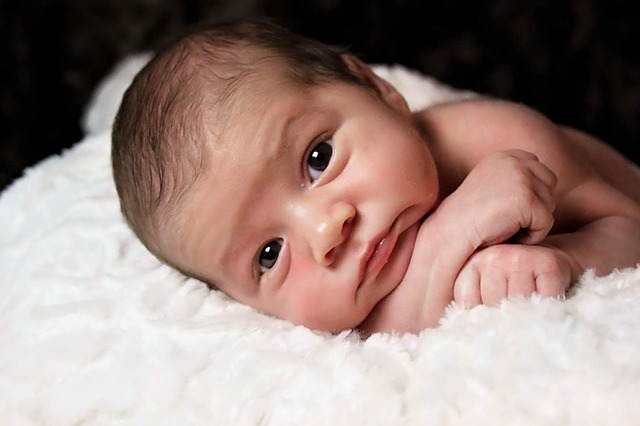CGS-authored

The COVID pandemic has placed new hurdles to having a child through surrogacy, complicating international surrogacy in particular by restricting travel, delaying birth certificates and visas, and introducing specific considerations about safety and well-being. In addition, the pandemic has created new challenges to engaging in international surrogacy ethically due to changes in how healthcare is administered, limiting face-to-face interactions, and of course, increasing the health risks for everyone involved – women and other people acting as surrogates and egg donors, genetic intended parents undergoing medical procedures, and babies born through surrogacy. These challenges continue even as the landscape of the pandemic changes, given variation between countries in vaccination access.
What does it mean to approach international surrogacy ethically? An ethical approach strives to minimize the effects of gender, economic, global, and racial inequities that impact the bargaining power of people acting as surrogate or egg donors. The vast majority of people acting as surrogates and egg donors are women, and addressing the impact of gender inequality and the control and regulation of women’s bodies are core aspects of an ethical...



